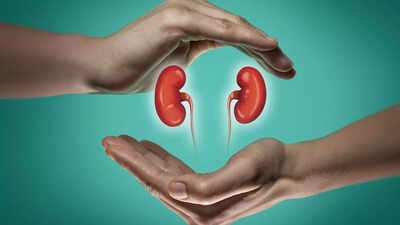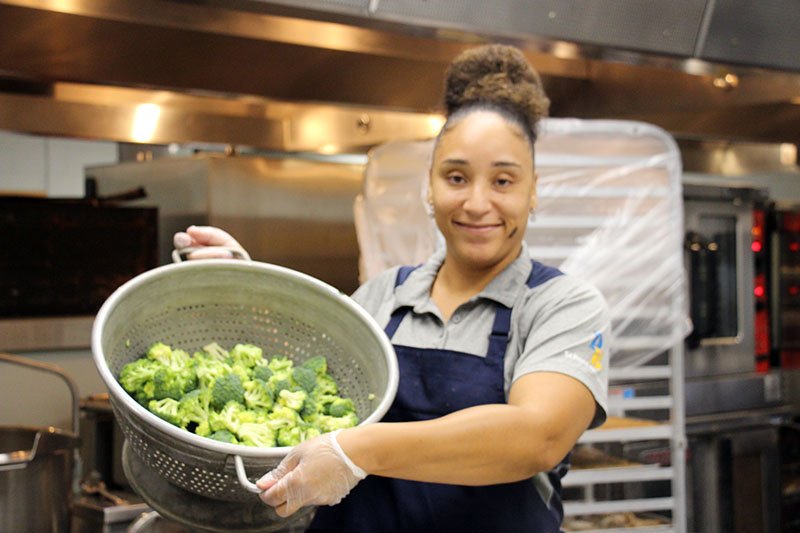Dr Saurabh Sethi, a gastroenterologist trained at AIIMS, Harvard, and Stanford Universities, took to Instagram on September 5 to rank various breakfast foods according to their perceived benefit for gut health, using a scale that ranges from negative values for detrimental options to a high of 10 for the most beneficial. Also read | Harvard trained gut doctor ranks 10 foods for the gut-brain axis on a scale of 1 to 10: Idli and yoghurt to fruit juice

Ranking breakfasts for gut health
Dr Sethi’s rankings presented a wide range, from very low scores for items like sugary cereals and fast-food burritos, indicating they are poor choices, to high scores for options like smoothies with kefir, berries, and spinach, which are considered excellent.
He evaluated several categories of breakfast items, including different types of oats, toast preparations, egg dishes, and fermented dairy products – and wrote in his caption, “Some breakfast foods help your gut thrive, while others do the opposite. Let’s see how your favourite stacks up.”
Which is the best and worst breakfast for your gut?
Here’s everything Dr Sethi said in the video he posted as he highlighted which breakfast foods support a healthy gut and which should be avoided:
1. Upma or savory oats with veggies: 5 out of 10
2. Sprouted grain toast with nut butter: 6 out of 10
3. Plain whole wheat toast with jam: 3 out of 10
4. Store-bought granola: 2 out of 10
5. White bread toast with butter: 1 out of 10
6. Steel-cut oatmeal with banana or dates: 4 out of 10
7. Vegetable and egg scramble: 9 out of 10
8. Smoothie with unsweetened kafir, berries, and spinach: 7 out of 10
9. Overnight oats with chia or flax seeds: 8 out of 10
10. Greek yoghurt with berries: 10 out of 10
11. Sugary breakfast cereals: minus 5 out of 10
12. Fast food burritos: minus 10 out of 10
Note to readers: This report is based on user-generated content from social media. HT.com has not independently verified the claims and does not endorse them.
This article is for informational purposes only and not a substitute for professional medical advice.







